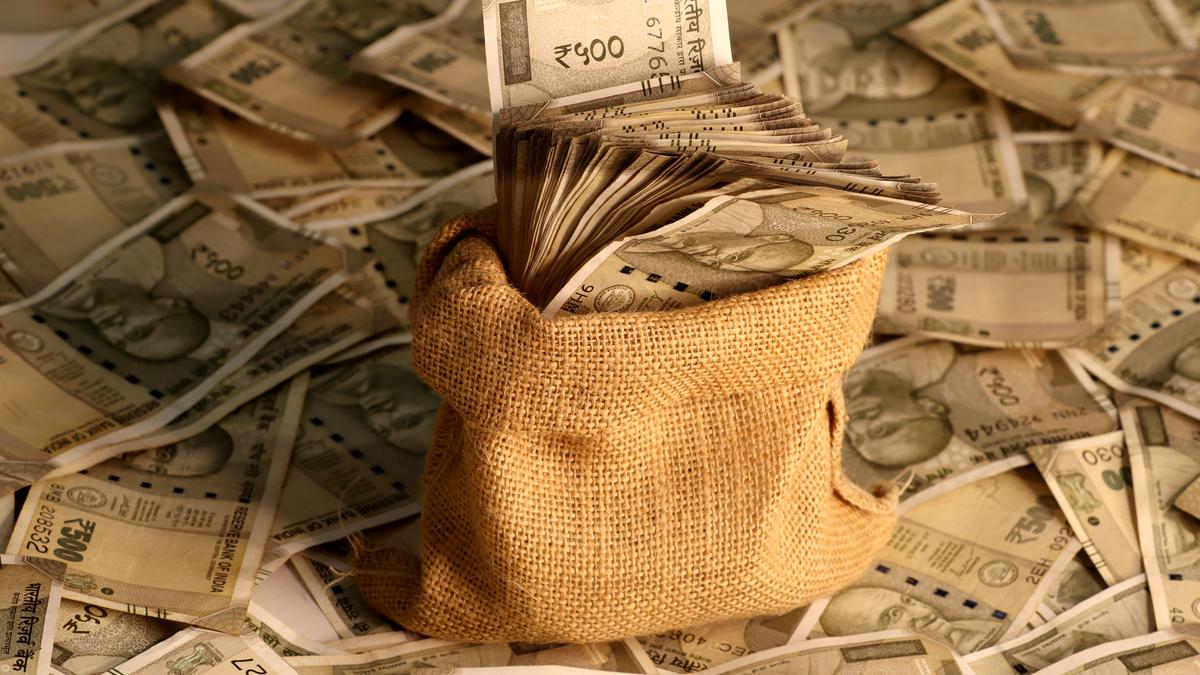At a recent panel discussion in New Delhi, French economist Thomas Piketty suggested that a wealth and inheritance tax be imposed on the super-rich in India, which, in turn, could fund health and education. India’s Chief Economic Advisor, Anantha Nageswaran, opposed the idea, arguing that higher taxes could encourage fund outflows. Should the wealth tax be reinstated in India? Ajay Shah and Rahul Menon discuss the question in a conversation moderated by Samreen Wani. Edited excerpts:
Is it a good idea to reintroduce a wealth tax in India?
Rahul Menon: It is time to start talking about it. Just announcing a wealth tax in a budget is not going to do anything. There needs to be a large institutional framework around it. There is a case for it right now simply because the levels of concentration of wealth are extremely high. I don’t think it is a moral problem to call out the inequality right now. It is a fundamental development problem, because an increase in inequality reduces capabilities and opportunities for many people. We have a sophisticated and strong system right now to track economic activity. We have implemented it for people at the bottom half of the pyramid. I don’t see why we can’t start thinking about using it at the top, which is a smaller population.
India had a wealth tax before it was abolished in 2016-17, but the collections were less than 1% of the gross tax collections. The government had said that the cost of collection of the wealth tax was really high. What were the issues then?
Ajay Shah: I’m not convinced that inequality is an important problem for India. Growth is the only problem that we should focus on. All measures of well-being — infant mortality, female empowerment, or any measure of well-being — respond to growth alone. Redistribution never made a country better. There is no Marxian theory of value. There is only a market theory of value. So, a company is worth whatever a buyer is willing to pay for it. When there is a dislike of the elites, it creates unliveable countries and that is not a path to progress. So, we have really got to tamp down this rhetoric and get back to a more Gandhian approach. Let’s live together, make a good country. That is about building prosperity rather than getting into warfare about distribution.
Piketty’s work was based on data on income tax, consumption, wealth, national accounts, and rich lists, which might have issues, but those are not India-specific. How can we address this problem of data issues to get better approximations of inequality?
Rahul Menon: Yes, the surveys don’t give you a true picture of what’s happening at the top end. But there are ways. Piketty and other academics use the data from various wealth lists. Then, using economic techniques of interpolation, they combine these with surveys to get some amount of data over a period. Now it’s very clear that these are approximations, but they do give us a picture. One of the most important ways to do it is through international collaboration. The U.S. has tried doing that by signing agreements with other economies to develop more transparency.
There are two main contentions against the wealth tax. The first is flight of capital and the second is that when certain thresholds are imposed, some people/organisations will be incentivised to stay below that, which will widen the gap between the bottom half and the top half. How do you respond to these?
On the question of thresholds, thresholds for MSMEs don’t matter if I’m taxing just 0.04% [of the population]. They can grow until they reach 0.04% and that is when they will be taxed. Again, no one is talking about bringing about perfect equality. Some amount of inequality will always be there. But how much is too much?
Ajay Shah: The emergence of democracy in the U.K., starting from the Magna Carta in 1215, happened with generation after generation having enormous wealth and power concentrated with a few. That was way beyond anything that we see today. So, inequality is a fact of life.
Finally, I want to come to this idea that we should impose a wealth tax because it can be used for, say, health or education. This is wrong. It is a fundamental feature of public finance that you have a complete decoupling of expenditure and the revenues. I am disappointed that Piketty, a skilled economist, does not get this. We ask ourselves what are the good uses of public money and basically, they are public goods. I think there are only three good taxes in India — personal income tax, GST, and property tax. It is possible to implement these under Indian conditions as long as the rates are kept low with reasonably low distortions. Every other tax in the Indian public finance literature is termed ‘bad tax’.
Wealth tax might give some revenue for the social sector. But how do we address the issues in allocations in the same sectors?
Ajay Shah: There is no merit in that idea. The education system is terrible. It is not efficient to put more money into that problem; we have a management crisis. I feel that the wise approach in India is to choke expenditure until you prove bang for the buck. A meaningful expenditure ratio for India at the present level of development is about half of what is spent today.
Listen to the conversation in The Hindu Parley podcast
Ajay Shah, Senior Research Fellow and Co-founder Xkdr Forum; Rahul Menon, Associate professor at the Jindal School of Government and Public Policy
Published – December 27, 2024 01:57 am IST
